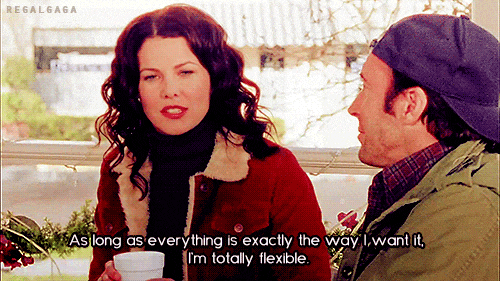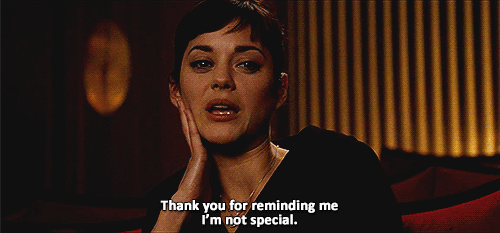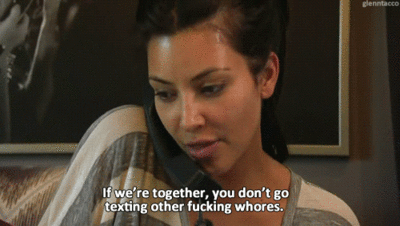
Relationships have the power to shape our happiness, confidence, and sense of self. At their best, they’re a source of love, comfort, and growth. At their worst, they can leave us feeling drained, disrespected, and lost. The truth is, love alone isn’t enough to sustain a healthy partnership—it must be built on mutual respect, trust, and effort.
Sometimes, though, we tolerate behaviours that slowly chip away at our well-being, often out of fear or habit. But you deserve a relationship that nurtures you, not one that diminishes you. If any of these behaviours sound familiar, it’s time to reevaluate what you’re accepting—and why.
1. Feeling like you don’t come first.
In a healthy relationship, you should feel like a priority. Your partner should value your opinions, consider your needs, and make time for you. If you constantly feel like an afterthought—whether they’re prioritizing friends, work, or hobbies over your relationship—it might be a sign they’re not as invested as you are.
What to do: Open an honest conversation about how their actions make you feel. If nothing changes after addressing your concerns, it may be time to reevaluate the relationship.
2. Physical abuse.

Any form of physical abuse is a clear indication that your relationship is toxic. If you’re afraid of your partner or have been subjected to physical or sexual abuse, it’s critical to get out and seek support immediately. You deserve safety, respect, and love, not fear. Don’t let yourself believe you have to endure this kind of treatment.
What to do: Reach out to trusted friends, family, or local support services for assistance. Remember, love should never come at the cost of your safety.
3. Emotional or verbal abuse.

Words can cut just as deeply as actions. If your partner manipulates, insults, or constantly criticizes you, it’s a form of emotional abuse. Over time, these behaviours can erode your self-esteem and leave lasting scars.
What to do: recognize the signs and set clear boundaries. Seek professional counselling or support if you’re struggling to leave the relationship.
4. Cheating on you or cheating to be with you
If your partner is cheating on you or cheating on someone else to be with you, it’s a clear red flag. This behaviour reveals a lack of integrity and respect for both relationships and trust. If they’re willing to betray someone else or break your trust, what’s stopping them from doing the same to you in the future? Whether it’s dishonesty about their actions or their commitment, it’s never a situation worth staying in. Protect your heart, avoid unnecessary pain, and walk away before it leads to deeper betrayal.
What to do: Confront the issue head-on. If trust is broken and cannot be rebuilt, it’s often best to walk away to protect your emotional well-being.
5. Not publicly acknowledging your relationship
Your relationship deserves to be celebrated, not hidden. If your partner refuses to acknowledge your relationship in public or introduces you as just a “friend” when you’re clearly in a committed relationship, that’s a sign they may not be fully invested. If you’re putting in the effort, you deserve to be recognized as their partner—privately and publicly.
What to do: Communicate your expectations clearly. If they’re unwilling to claim your relationship publicly, it may be time to question their commitment.
6. Lack of support for your dreams
Your partner should also back you 150% when it comes to your dreams and goals, not belittle them. It’s impossible to have a healthy relationship with someone who doesn’t want to see you succeed. It’s one thing for your partner to provide constructive criticism or to express frustration if your career has you ignoring the relationship. If your partner’s jealousy, insecurities, or negative behaviour are holding you back, it’s time to either confront the issue or move on.
What to do: Share how important their support is to you. If they continue to belittle your aspirations, consider whether their presence aligns with your growth.
7. Control over your wardrobe.
While it’s natural for partners to have opinions on style, trying to control what you wear is crossing a line. Your wardrobe is an expression of who you are, and no one—especially a partner—should dictate your personal choices. You deserve the freedom to dress how you like without fearing judgment or restriction.
What to do: Assert your autonomy and remind them that your personal choices are not up for debate.
8. A partner who isolates you from your friends
Your friends are an important part of your life, and anyone who tries to pull you away from them is undermining your independence. A controlling partner who wants you to cut off ties with friends is a red flag. Healthy relationships respect personal space and the relationships that make you whole.
What to do: Maintain your independence and keep your support system intact. A healthy partner will encourage, not restrict, your friendships.
9. An overly controlling partner.

Healthy relationships involve mutual trust. If your partner is constantly monitoring your every move or demanding to know your whereabouts at all times, it’s a sign of insecurity and control. Trust should be the foundation of any relationship, and it’s normal to need space to be your own person. Feeling wanted and needed in a relationship is normal, but it can go overboard if you’re not careful.
What to do: Set firm boundaries and have an open conversation about trust. If they refuse to respect your independence, it’s time to rethink the relationship.
10. Irresponsibility
Life comes with responsibilities, and in a partnership, both people should share the load. If you’re constantly picking up the slack, doing all the chores, or shouldering the financial burden while your partner avoids responsibility, it’s a sign that the relationship is unbalanced. You deserve a partner who contributes equally and supports you in all aspects of life.
What to do: Discuss the imbalance and request specific changes. A willing partner will step up; a resistant one may not be ready for a mature relationship.
No matter how much love you have for someone, your happiness, safety, and self-respect should never be compromised.
Remember: The right partner will never ask you to tolerate behaviours that hurt or diminish you.
Until then… X, Hani.
Discover more from Wanderhoney.com
Subscribe to get the latest posts sent to your email.


















 Views Today : 219
Views Today : 219 Views Last 30 days : 5958
Views Last 30 days : 5958 Views This Year : 25757
Views This Year : 25757 Who's Online : 0
Who's Online : 0 Your IP Address : 2a03:2880:f806:1c::
Your IP Address : 2a03:2880:f806:1c::